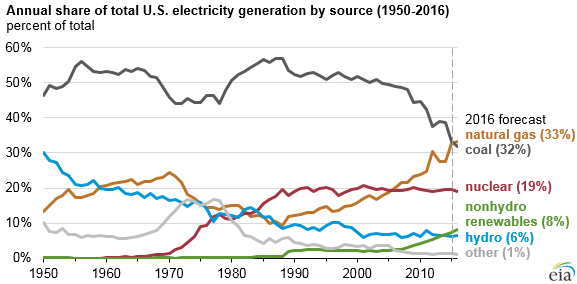This Tuesday, 10/25: Debate on WA Initiative 732 regarding a carbon tax.
Where: McIntyre 107 When: 4 – 5pm, Tuesday 10/25 The Economics Department is hosting a discussion of WA initiative 732 which seeks to create a revenue neutral carbon tax in Washington state to combat greenhouse gas emissions. Advocates from both the ‘pro’ and ‘con’ camps will be speaking. Yoram Bauman, economist for CarbonWA.org and one of the founders of I-732 will speak in favor of the measure. Brandon Houskeeper from the Association of Washington Business will make the case against the measure.

